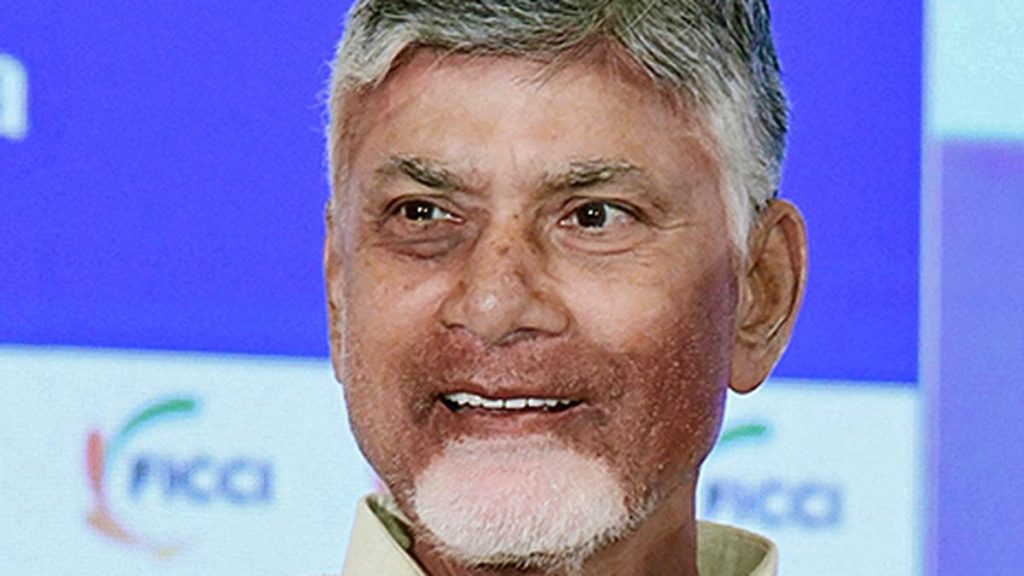Now Reading: Commuters Raise Concerns Over Fare Transparency on Cab Aggregator Apps
-
01
Commuters Raise Concerns Over Fare Transparency on Cab Aggregator Apps
Commuters Raise Concerns Over Fare Transparency on Cab Aggregator Apps
Swift Summary
- The Bengaluru Urban district governance announced a fare hike for autorickshaws on July 14, increasing:
– Base fare from ₹30 to ₹36 for the first 2 km.
– Per-km charge from ₹15 to ₹18 thereafter.
- Revised fares will take effect starting August 1.
- Many commuters expressed concerns regarding popular aggregator apps like Uber, Ola, and Rapido not providing detailed fare breakups.
- Aggregator apps reportedly introduce additional charges such as ‘tips’,’congestion fees’,and ‘platform fees’,adding frustration amidst rising fares.
- commuter feedback highlighted dissatisfaction with the lack of transparency in costs charged by these platforms.
– Example: A commuter cited paying ₹97 for a short ride without any breakdown of costs provided before or after booking on an app platform.
- auto aggregator Namma Yatri briefly tested revised auto fares ahead of the government schedule as part of a pilot but rolled back after criticism and media attention.
Indian Opinion Analysis
The autorickshaw fare hike is expected to increase commuting costs in Bengaluru, directly affecting daily budget allocations for residents who rely heavily on public transport. While necessary adjustments in pricing may account for inflation and operational expenses, commuters rightly stress the importance of transparent fare structures across aggregator platforms-especially since unclear surcharges contribute significantly to higher ride costs.
Platforms like Uber and Ola risk losing user trust if they fail to address complaints about opaque pricing practices promptly. Conversely, initiatives such as Namma Yatri’s pilot testing reflect efforts toward gauging service effectiveness while seeking community input but underscore that timing is critical when implementing changes that impact consumers.
For Bengaluru policymakers, better enforcement around display norms ensuring full visibility into price components could alleviate friction between commuters and aggregators amidst unavoidable economic adjustments in transportation dynamics.
Read more: The Hindu

























